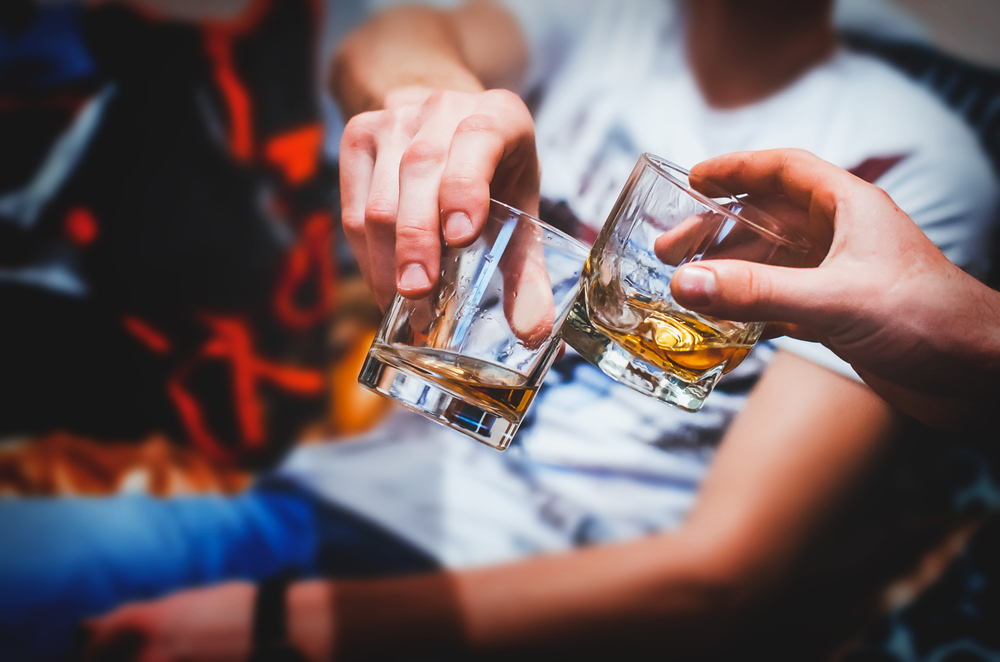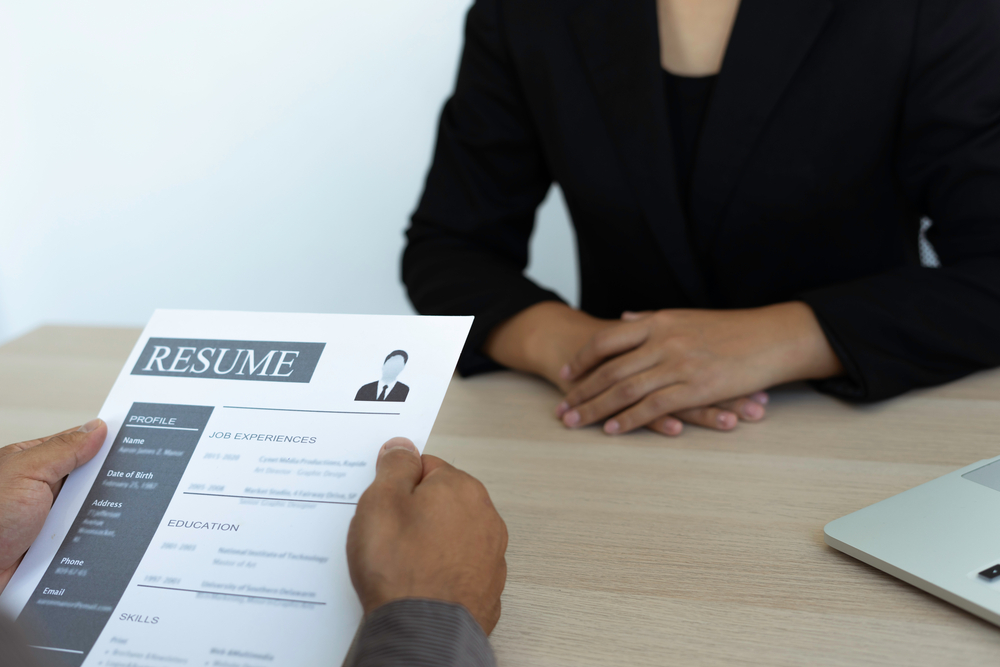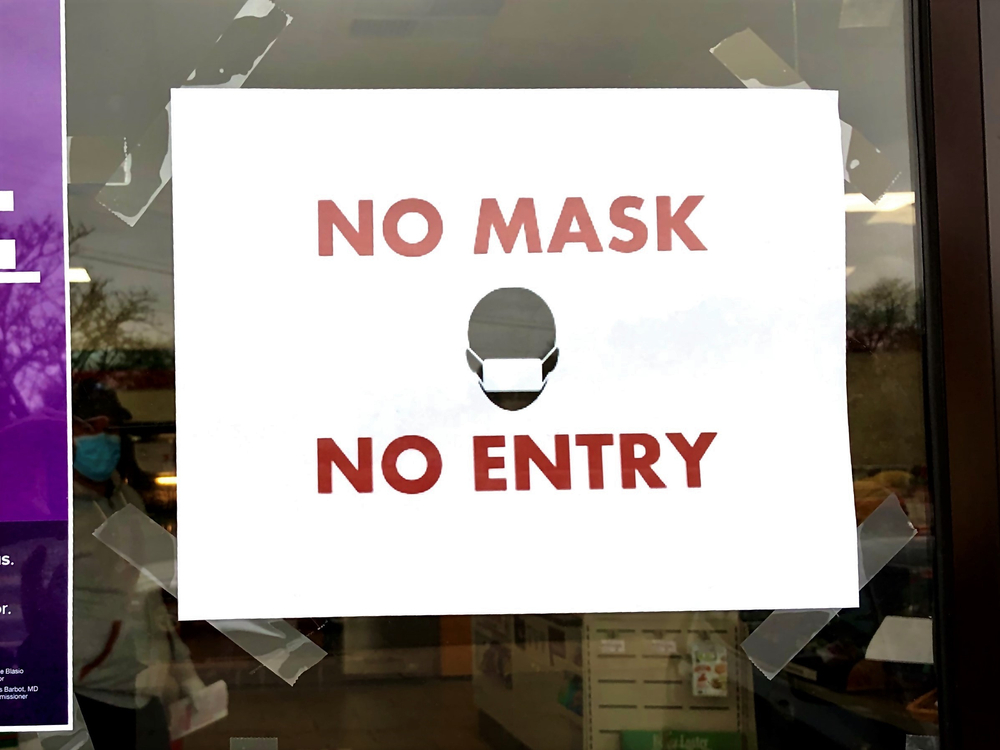As the COVID-19 pandemic has made many people hesitant to go out to bars and restaurants, more are hosting small gatherings at home.
Graduation parties take place on front porches with drive-by gift drops, while wedding ceremonies are held in backyards. Social media is full of creative ways people transformed their houses to bars, with friends posing as bouncers, to recognize a 21st birthday at home.
Alcohol sales are up significantly during the pandemic, according to Wine Business, which covers the wine industry. For the months of March to May, off-premise sales of spirits were up 32%, wine sales increased 26% and beer sales were up 17%.
Increased drinking combined with more entertaining at home merits a primer on the liability placed on a host if a guest leaves their gathering and causes an alcohol-related accident.
“You can serve someone until they are drunk out of their mind as long as they are not driving. Then there’s no liability,” said Mark Casto, an attorney in Columbus, GA and Legal Examiner affiliate whose firm specializes in victims of negligence and wrongful conduct. “If you know they are driving or should know they are driving then you have responsibility.”
If a person driving drunk causes an accident that results in injury or death, that person is liable first. In addition, the host of the party that served the alcohol can be held liable in a completely separate claim, he said.
RELATED: Own a home? Make sure you’re protected.
RELATED: Is that drone over your yard trespassing? It’s complicated.
Whether the host paid for the alcohol or the guest brought his own, the host is still liable. And if the host’s son or daughter has a party that results in an alcohol-related accident, the host may be sued because parents can be held responsible for the acts of their child.
Liability in alcohol-related accident cases is often based on the effort a host makes to intervene. It’s a host’s responsibility to keep guests from driving drunk.
Casto suggests collecting keys from all drivers at the start of a party, but this doesn’t mean babysitting guests constantly.
“Specific details could change whether you are responsible or not,” he said.
“If you’ve taken their keys and you put them in a box in the garage and you are in the bathroom and they sneak in and grab the keys and leave, then you probably are not liable,” he said. “Let’s say you walk them out to their car and they get in an accident, you’re probably going to be liable.”
If you take keys from your guest or but they have a hidden key in their shoe, you wouldn’t be liable. The point is to make a reasonable effort to keep a drunk guest from driving.
According to Mothers Against Drunk Driving, three in every 10 Americans will be involved in an alcohol-related crash in their lives.
“While there are fewer people on the road now, drunk driving fatalities have not stopped. It’s so important especially in these times to make sure that when someone leaves you home they are not impaired,” said Helen Witty, president of MADD. “So often you can order alcohol now to your home.”
MADD doesn’t take a stand against consuming alcohol, but it takes a strong stand against driving under the influence.
“It is awkward and it is hard” to tell a friend they are too drunk to drive, she said. “But we need to make sure everyone understands what can happen.”
Witty’s daughter was killed at age 16, when she was rollerblading and a drunk driver ran off the road and hit her on a bike path.
“This is a violent crime no one ever intends to happen, yet it happens over and over,” she said.
With apps such as Lyft and Uber, avoiding driving drunk is as easy as touching your phone, she added.
MADD offers guidelines for hosts that protect them legally while protecting their guests and innocent strangers.
Beer and wine are just as intoxicating as hard liquor. A 12-ounce can of beer, a five-ounce glass of wine, a 12-ounce wine cooler and an ounce and a half of liquor contain the same amount of alcohol.
- Don't rely on coffee to sober up your guests. Only time can make someone sober.
- Don't rely on someone's physical appearance to determine if they have had too much to drink.
- Mixers won't help dilute alcohol. Carbonated mixers like club soda or tonic water cause alcohol to be absorbed into a person's system more quickly.
- As guests RSVP, confirm that at least one person in each group is prepared to be the non-drinking designated driver or ask if they plan to take an Uber, Lyft or taxi home.
- Offer non-alcoholic beverages or mocktails for designated drivers and others who prefer not to drink alcohol.
- Be ready with some clean linens so you can turn your sofa into a hotel for guests who need to sleep it off.
- Have fun — but not too much fun. To be a good host, you should stay within your limits in order to make sure your guests stay within theirs.
Contact Katherine Snow Smith at [email protected]. Follow her on Twitter at @snowsmith.














